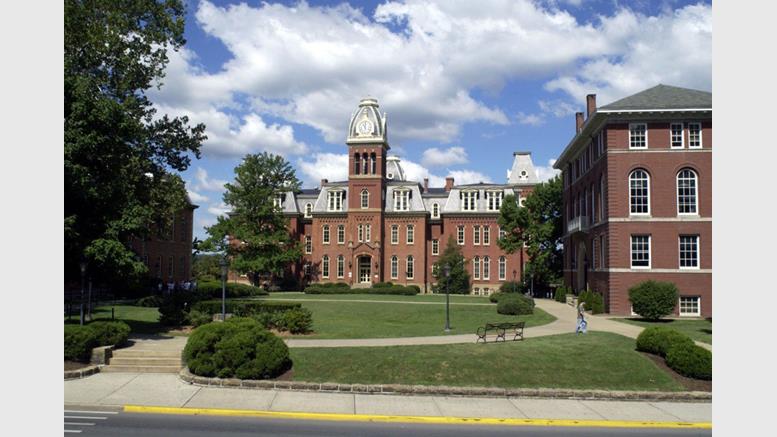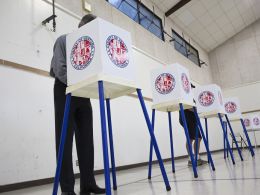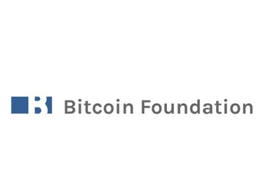
University Student Body Mulls over Blockchain Voting System
Students at West Virginia University (WVU) have proposed an innovative blockchain-based voting system for the university's upcoming Student Government Association (SGA) elections. The Student Government Association in WVU is currently debating the notion of using blockchain-based voting at polling stations as opposed to legacy voting machines, according to The Daily Anthenaeum, the student-run university newspaper. The newly proposed voting system is based on an iPad application that would allow students to vote for the next President and Vice President of the Student body. Students....
Related News
West Virginia University's (WVU) Student Government Association (SGA) is debating whether to use a blockchain-based voting platform for its upcoming elections, according to the college's student-run newspaper, The Daily Athenauem. The initiative, proposed by WVU students Ankur Kumar and Ricky Kirkendall, would allow students to use iPad apps to vote for Student Body President and Vice President, as opposed to traditional voting machines. If implemented, the students argue, the plan would save the SGA anywhere from $5,000-$7,000, the difference between renting voting machines or purchasing....
The University of Melbourne will become the first Australian educational institution to pilot blockchain technology by recording student credentials on a distributed ledger. The Australian university will pilot the blockchain tech developed by US-based Learning Machine, an industry startup that will enable employers to verify student credentials on a micro-credentials system. Although largely undefined, micro-credentials aim to recognize additional abilities and discrete skills related to the program or certification. Notably, Learning Machine is associated with the Massachusetts Institute....
A blockchain voting project netted $10,000 in a recent contest organized by cybersecurity firm Kapersky Labs. Dubbed Votebook, the proposed system connects voting machines via a private blockchain run by, say, a local elections authority. The Votebook concept would enable constituents to check that their votes were actually counted, according to the team, which hails from New York University. As the team behind the project explained in their pitch, hosted on the website of The Economist: “Votebook not only satisfies the requirements of an acceptable voting system, it is also realistically....
The CEO of popular bitcoin website Blockchain.info has donated $10,000 in bitcoin to the university he attended as a student. Nic Cary graduated with a Bachelor of Arts degree from the Business Leadership Program at Washington State's University of Puget Sound in 2007. On 11th February he gave something back, contributing 14.5 BTC to the University for its 2013-14 Alumni Fund. "I was really lucky to be able to attend the University of Puget Sound and I had a wonderful experience - I developed amazing lifelong friendships and was challenged personally and academically every day," Cary said,....
The Bitcoin Foundation today announced to test its upcoming on-blockchain voting system on crowdfunding platform Swarm. As stated in the organization's latest blog, the aim of this project is to bring "greater transparency not the voting process", where every vote is recorded under a secure, cryptographic hash. The foundation however ignored to elaborate the insights of this project - explaining how different it is from the other decentralized voting platforms like BitCongress. Though a theoretically astound concept, the Bitcoin Foundation's voting system project still has taken a long....





